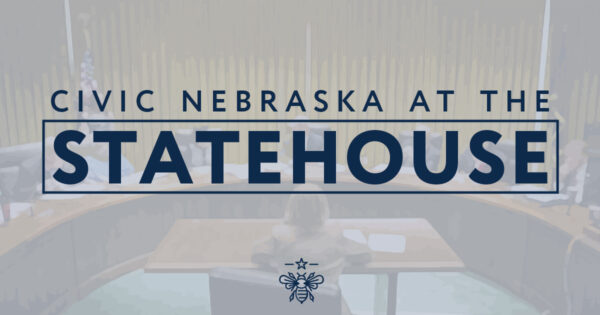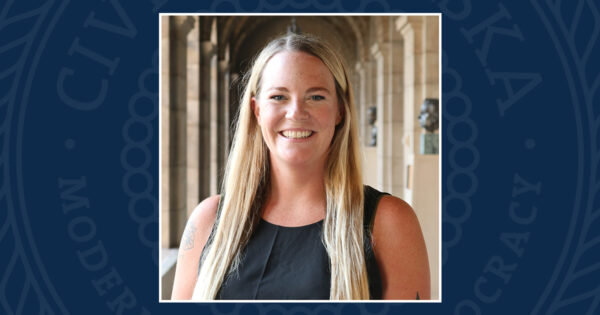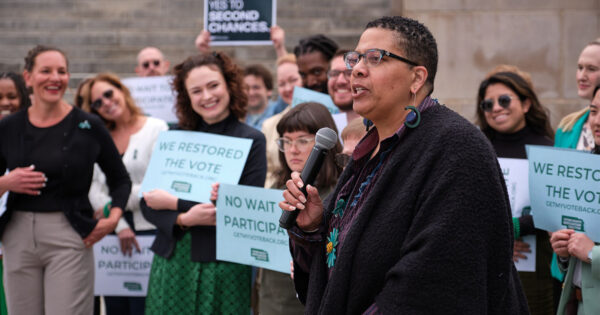Martin Luther King Jr. Day is not just a day off from work or school – it’s an opportunity to reflect on the life and legacy of one of the most influential figures in American history. King dedicated his life to the pursuit of equality, justice, and civil rights for all, and so celebrating meaningfully goes beyond mere observance; it involves actively engaging in activities that honor his ideals and contribute to the ongoing struggle for a just and equitable society.
We encourage everyone to take time for personal reflection by reading King’s speeches, writings, and letters to gain insight into his vision for a just society. We can consider how his teachings can be applied to current social issues and contemplate our own roles in promoting equality.
Here are five King texts with which to start.
"The Death of Evil Upon the Seashore"
May 17, 1956 | New York City
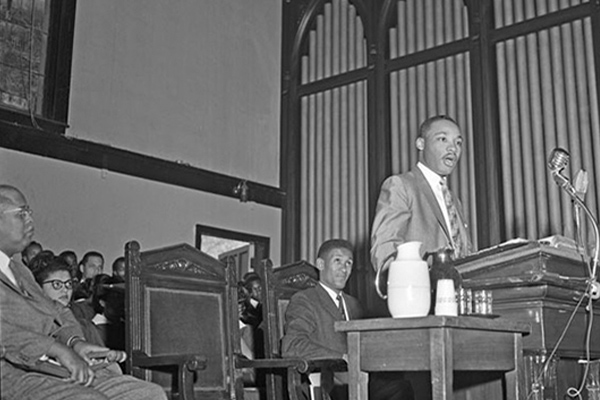
“We must believe that a prejudiced mind can be changed, and that man, by the grace of God, can be lifted from the valley of hate to the high mountain of love.”
King delivered this sermon on the second anniversary of the Brown v. Board of Education ruling that struck down school segregation. The sermon highlighted King’s enduring optimism amid the rise of the nascent civil rights movement.
This was at least the third time King had preached this sermon, in which he invoked the story in the Bible about the exodus from Egypt – and drew comparisons between the ancient Israelites’ struggles with those of modern-day African Americans.
Read the full sermon
"Letter from a Birmingham Jail"
April 16, 1963 | Birmingham, Alabama
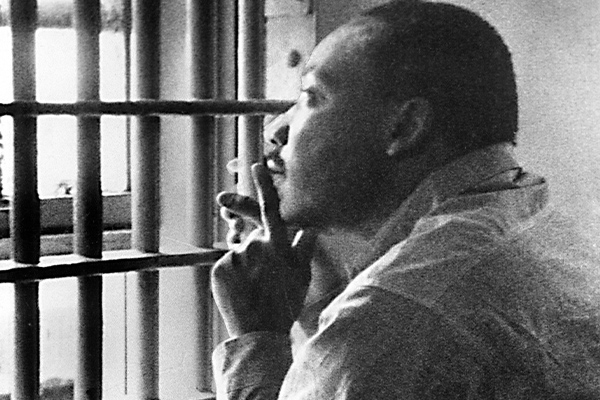
“For years now I have heard the word ‘Wait!’ It rings in the ear of every Negro with piercing familiarity. This ‘Wait‘ has almost always meant ‘Never.’ We must come to see … that justice too long delayed is justice denied.”
King wrote this letter in response to being imprisoned for his actions in support of desegregating Birmingham, a city known throughout the South for its repressive policies and practices. Earlier, the campaign for racial justice had been criticized by eight white clergymen in a local newspaper. King’s letter renounced the clergymen’s criticisms of his efforts – and in doing so, crafted one of the defining texts of the civil rights movement. In skillfully defending nonviolent direct action, King provided the nation with a powerful argument for ending racial injustice.
Read the full letter
"I Have a Dream"
August 28, 1963 | Washington, D.C.
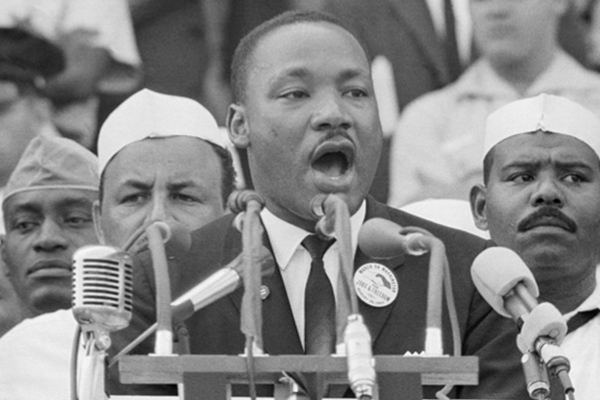
“I have a dream that my four little children will one day live in a nation where they will not be judged by the color of their skin but by the content of their character. I have a dream today.”
Delivered before a crowd of 250,000 at the March on Washington for Jobs and Freedom, King’s “I Have a Dream” speech remains one of the most famous speeches in human history. Referencing the Founding Fathers and the Bible, King employed universal themes to illustrate the plight of African Americans and to call for civil and economic rights as well as an end to racism in the United States. King ended his legendary oration with an improvised explanation of his great dream – equality for all.
Read the full speech
Watch the full speech
"A Time to Break Silence"
April 4, 1967 | New York City
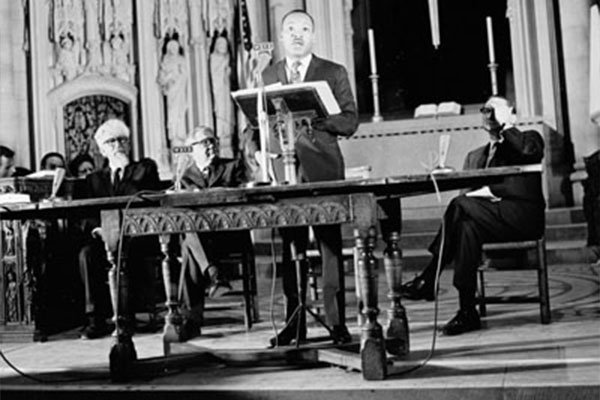
“A nation that continues year after year to spend more money on military defense than on programs of social uplift is approaching spiritual death.”
Toward the end of his life, King began to speak publicly about the need for fundamental reform in the nation’s political and economic life. In expressing his opposition to the Vietnam War, King shared his desire for resources going to warfare to be redistributed to address historic racial injustices. King condemned the war as unjust, described the human and economic burdens being placed on our nation’s poor and the suffering of the Vietnamese people, and called for a negotiated peace settlement with the North.
Read/Listen to the full speech
"I've Been to the Mountaintop"
April 3, 1968 | Memphis, Tennessee
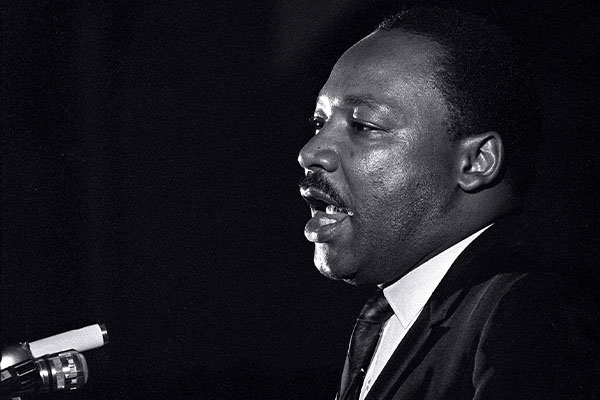
“I may not get there with you. But I want you to know tonight, that we, as a people, will get to the Promised Land.”
On the eve of being assassinated, King addressed the ongoing Memphis sanitation strike by calling for unity, economic action, boycotts, and nonviolent protest. He reminded African Americans that while individually they may have been poor, together they were an economic force. King implored the audience to use their collective power to boycott racist groups and businesses and instead empower black-owned ones. Near the end of his speech, reflecting on threats to his life, he spoke of the possibility of his untimely death.
Read the full speech


